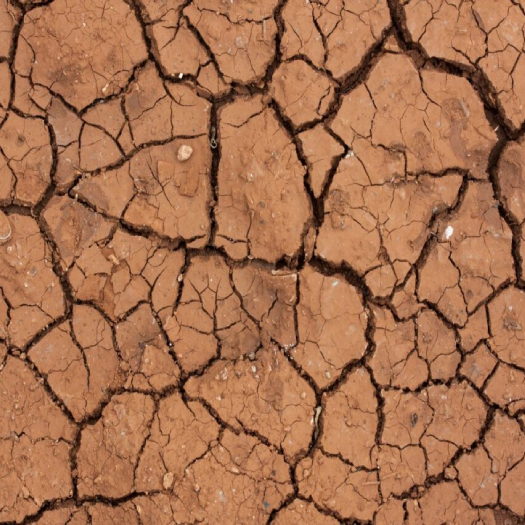The release of CO2 from agriculture can have various effects on humans. There are many ways in which agricultural CO2 emissions can impact human health and well-being.
Climate Change: CO2 is a greenhouse gas that contributes to climate change when released into the atmosphere. The agricultural sector is a significant source of CO2 emissions, primarily through activities such as deforestation, land use changes, and the use of synthetic fertilizers. Climate change can lead to adverse effects on human health, including increased frequency and intensity of extreme weather events, such as heatwaves, hurricanes, and floods. These events can cause injuries, displacement, and loss of life.
Air Pollution: Agricultural activities can generate air pollutants in addition to CO2, such as ammonia (NH3) and nitrous oxide (N2O). These gases can contribute to the formation of particulate matter and ground-level ozone, which are harmful to human respiratory health. Prolonged exposure to air pollution can lead to respiratory diseases, allergies, asthma, and other respiratory conditions.
Water Contamination: Agricultural practices, including the use of chemical fertilizers and pesticides, can result in the runoff of pollutants into water bodies. When these pollutants enter water sources, they can contaminate drinking water supplies and pose risks to human health. For example, nitrates from fertilizers can contaminate groundwater, and pesticide residues can accumulate in waterways, affecting human consumption and potentially causing adverse health effects.
Food Security and Nutrition: Climate change impacts on agriculture, such as changes in temperature, precipitation patterns, and pest dynamics, can disrupt crop yields and affect food production. This disruption can lead to food shortages, rising food prices, and decreased access to nutritious foods. Inadequate nutrition can have significant health consequences, particularly for vulnerable populations such as children, pregnant women, and the elderly.
Economic and Social Impacts: Agriculture is a crucial sector for many communities, particularly in developing countries. Changes in agricultural productivity due to climate change and other factors can have significant economic and social impacts, including loss of livelihoods, increased poverty, and migration. These factors can indirectly affect human health and well-being through reduced access to healthcare, increased stress, and social instability.
It is important to address these challenges through sustainable agricultural practices, improved land management, and the adoption of climate-smart strategies to minimize CO2 emissions and their impact on human health and the environment.

